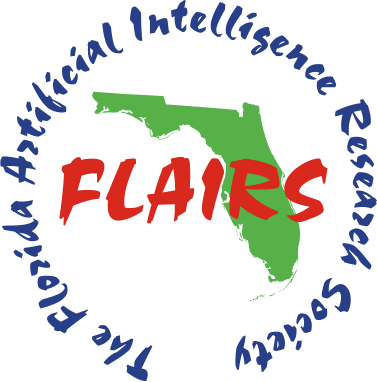Compilation-Based Approaches to Parallel Planning: An Empirical Comparison
DOI:
https://doi.org/10.32473/flairs.v34i1.128537Keywords:
planning, compilation, CSP, SATAbstract
Automated planning deals with finding a sequence of actions, a plan, to reach a goal. One of the possible approaches to automated planning is a compilation of a planning problem to a Boolean satisfiability problem or to a constraint satisfaction problem, which takes direct advantage of the advancements of satisfiability and constraint satisfaction solvers. This paper provides a comparison of three encodings proposed for the compilation of planning problems: Transition constraints for parallel planning (TCPP), Relaxed relaxed exist-Step encoding and Reinforced Encoding. We implemented the encodings using the programming language Picat 2.8, we suggested certain modifications, and we compared the performance of the encodings on benchmarks from international planning competitions.


